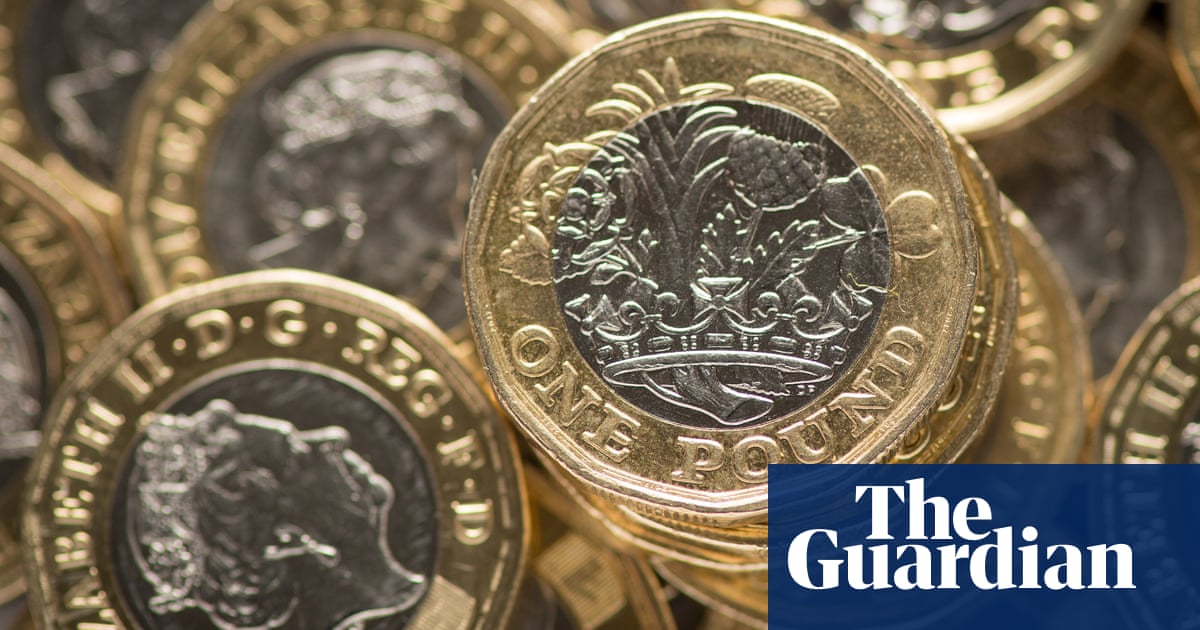This didn’t need a fucking think-tank. The poor in Britain have known this for a looong fucking time. They bore the brunt of every spending cut enacted by the Tories for the past 20 years.
And I feel bad for those of them that didn’t vote Tory in the last couple of elections and didn’t vote for Brexit. The rest of them were turkeys voting for Christmas and the fact that they’re surprised about this means they’ll probably vote Tory next time too and think their problems are still due to immigrants…
Not to exclusively blame them, of course. Tory scum are the root of all the problems and the sooner we take them out and shoot them, the better for everyone.
I can’t say I blame the voters all that much. They’ve been manipulated to fuck by right wing media for decades, not helped by the fact that left wing options were either complete bumblefucks or snake oil salesmen that went back on their word the moment they got into office (libdems).
I do blame the Tories though, absolutely.
Water is wet, says thinktank.
Workers wages have barely risen in over a decade (at least). When taking increased cost of living in to account workers income has gone backwards. Yet company owners, directors and shareholders (and the companies themselves) have in the main done very well out of it.
Banking crisis Credit crunch Recession Covid Ukraine war Red sea Middle east
They’ve all done very well out of these events.
Now here’s how you suck an egg…
Ya think?
I’m lucky enough to be reasonably well off, and seeing the price of gas and electricity I’ve had to cut back elsewhere, take showers at work etc. to keep the same amount of savings, paying mortgage etc.
Imagining not having nearly as much to cut back on, no showers at work, can’t cycle to work and more isn’t hard, as it’s obviously just such a shit situation and yet those in power at Westminster seem completely oblivious to it
In other news, behind the scenes at the factory where they make the Sunak’s gold-plated toilet roll
Ya think?
Proof that the Tories are not simply incompetent
This is the best summary I could come up with:
Britain’s poorest households have suffered a £4,500 hit to their finances since the start of the Covid pandemic, according to a report indicating that those on the lowest incomes have borne the brunt of the cost of living crisis.
Highlighting a dramatic fall in living standards since Boris Johnson’s election landslide four years ago, the National Institute of Economic and Social Research (NIESR) thinktank said soaring costs for energy, food and other basic essentials had hit those most badly off the hardest.
However, NIESR warned the support remained insufficient to overcome the hit to living standards inflicted when the easing of Covid restrictions and Russia’s invasion of Ukraine drove up inflation at the fastest rate in four decades.
The thinktank said living standards for the poorest tenth of families, after adjusting for inflation, remained 18% below 2019-20 levels even after accounting for government support – delivering a financial blow worth £4,500 in today’s prices.
“As a proportion of their budget, they spend a lot more on energy, food and housing [than wealthier households], so they took more of the brunt of the shock,” said Adrian Pabst, NIESR’s deputy director for public policy.
NIESR’s news comes after Rishi Sunak claimed in an interview with the BBC on Tuesday that the burden on households was “starting to ease” after a fall in inflation from more than 10% a year ago to 4% in December.
The original article contains 691 words, the summary contains 232 words. Saved 66%. I’m a bot and I’m open source!






